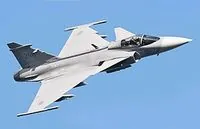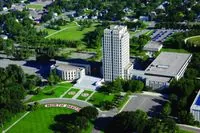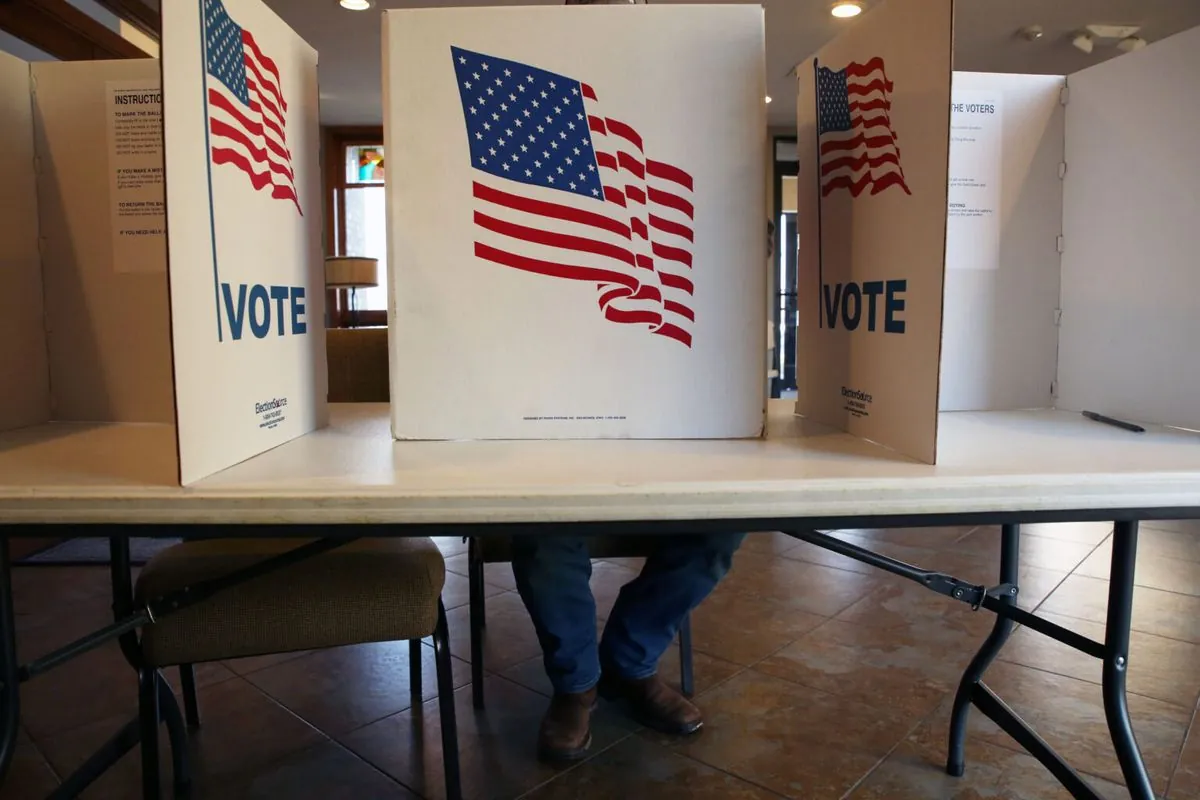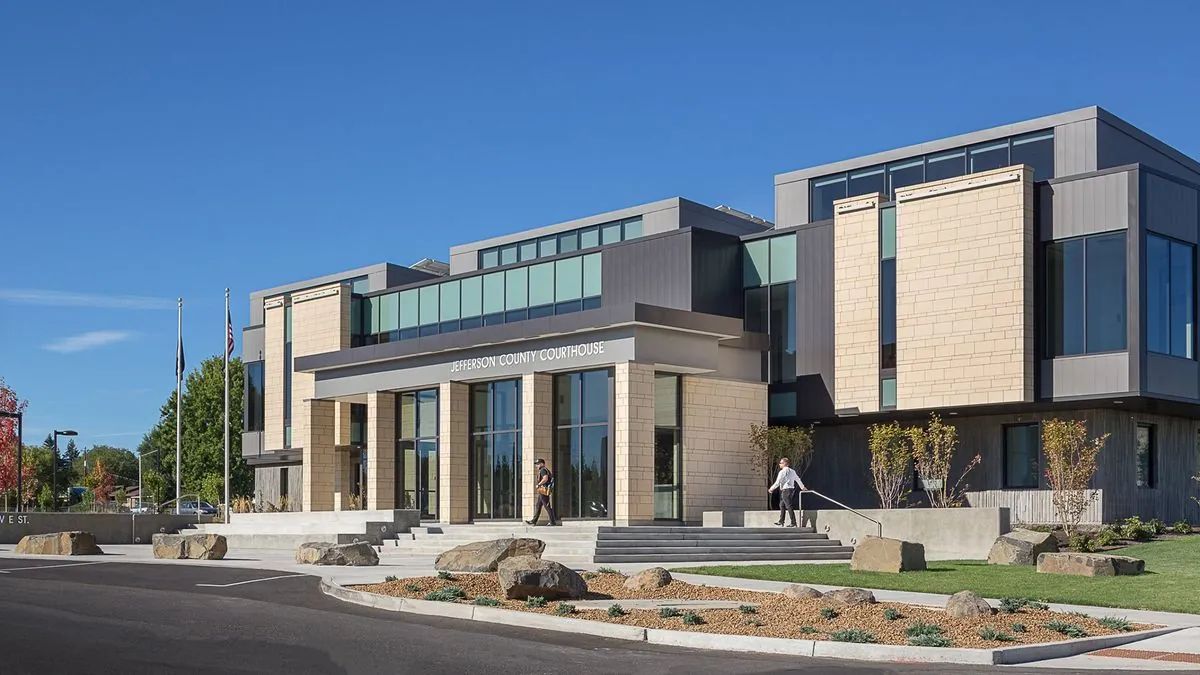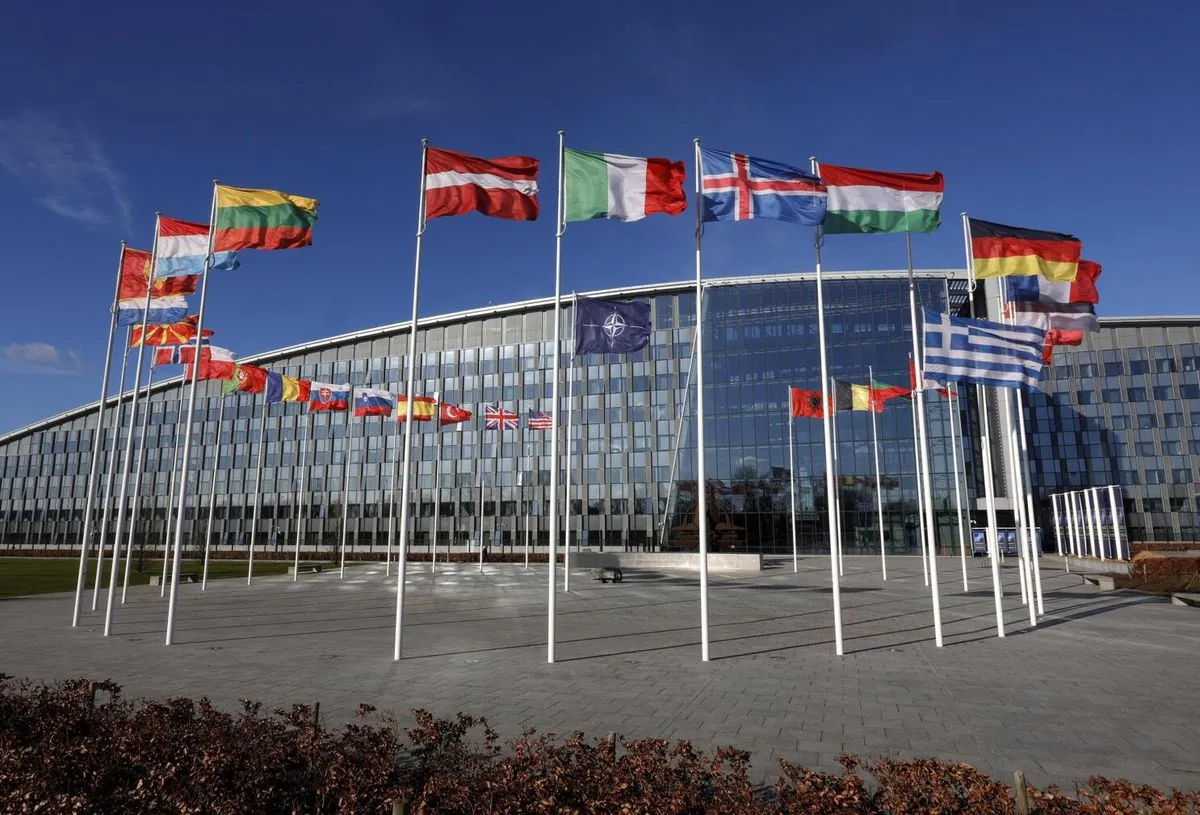Tesla and Musk Prevail in Shareholder Lawsuit Over Self-Driving Claims
A federal judge dismissed a lawsuit against Tesla and Elon Musk, rejecting claims of defrauding shareholders about self-driving technology. The case was dismissed without prejudice, allowing for potential amendments.
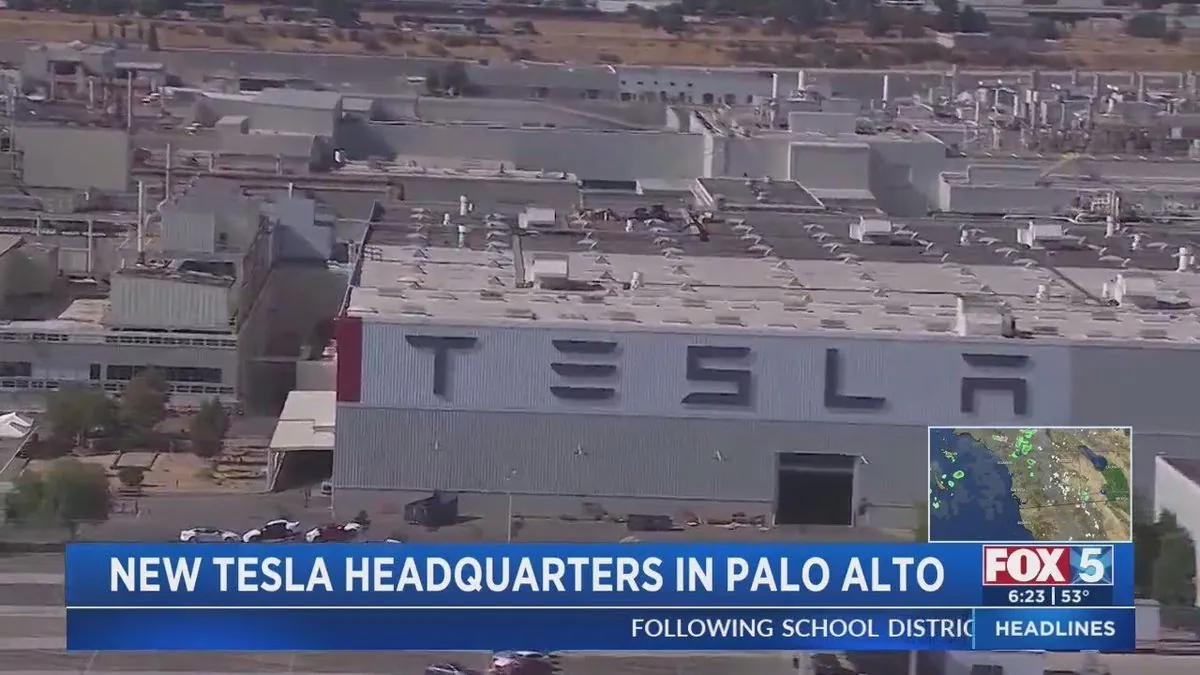
In a significant legal victory, Elon Musk and Tesla Inc. have successfully defended against a shareholder lawsuit alleging misrepresentation of the company's self-driving technology capabilities. The case, which was dismissed by U.S. District Judge Araceli Martinez-Olguin in San Francisco on September 30, 2023, centered around claims that Tesla and its CEO had overstated the effectiveness and safety of their autonomous driving systems.
The lawsuit, spanning from February 2019 to February 2023, accused Tesla of falsely claiming that they were on the verge of delivering technology that would surpass human driving capabilities. However, shareholders alleged that the actual system was "plagued with safety issues" and encouraged driver inattentiveness.
Tesla, founded in 2003 by Martin Eberhard and Marc Tarpenning, has been at the forefront of electric vehicle innovation. Elon Musk, who joined the company in 2004, has been a driving force behind its ambitious technological goals. The company's Autopilot feature, introduced in 2014, and the Full Self-Driving (FSD) package, announced in 2016, have been central to Tesla's vision of autonomous transportation.
Judge Martinez-Olguin ruled that the shareholders failed to demonstrate that Tesla and Musk should be held liable for their statements about self-driving technology. The court found that some of the challenged statements were not necessarily false, while others could be excused as addressing future expectations for the technology.
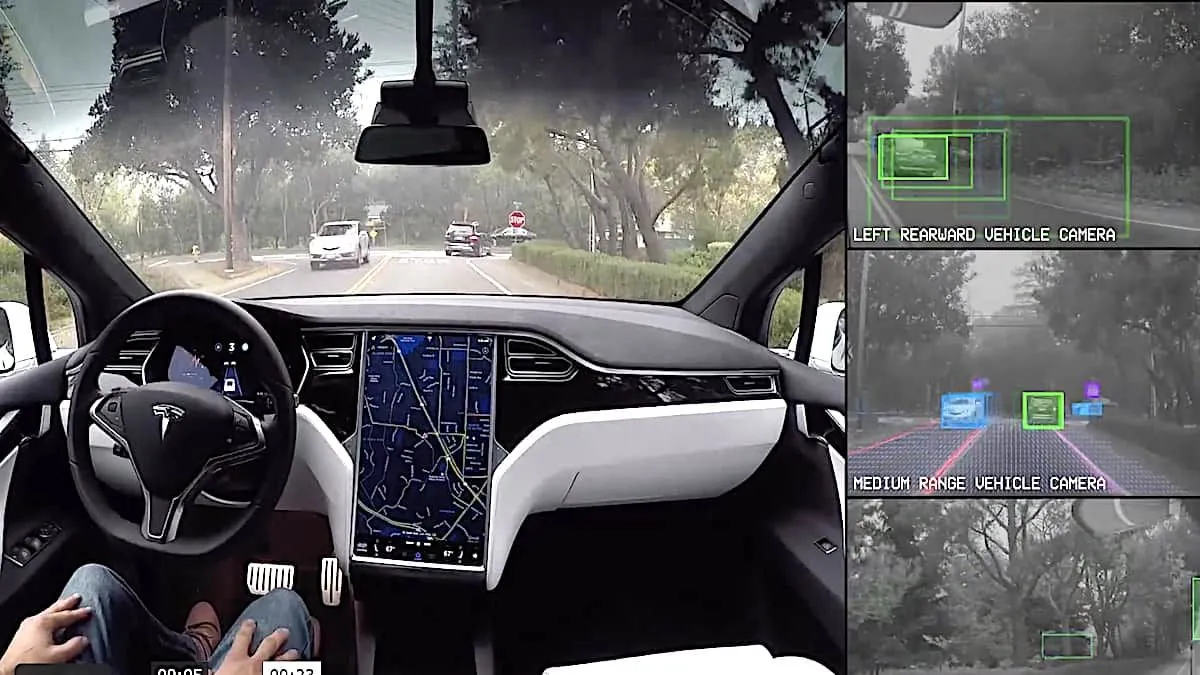
The dismissal also addressed Musk's substantial stock sales during the class period. The court determined that his nearly $34 billion profit from these sales did not indicate an attempt to cash out at the expense of other shareholders. This decision comes despite Musk's stock sale proceeds of approximately $39.4 billion, a figure comparable to Vermont's gross domestic product.
It's worth noting that Tesla's journey has been marked by significant milestones. The company went public on NASDAQ in 2010 and became the world's most valuable carmaker by market capitalization in 2020. Tesla's Model 3 became the best-selling electric car in history in 2021, showcasing the company's growing influence in the automotive industry.
While this legal victory is significant for Tesla and Musk, the company still faces ongoing investigations. The U.S. Department of Justice, the Securities and Exchange Commission, and the California Department of Motor Vehicles are conducting probes into Tesla's self-driving claims.
Tesla's ambitious pursuits extend beyond vehicle manufacturing. The company's energy division produces solar panels and battery storage systems, aligning with its mission to accelerate the world's transition to sustainable energy. Additionally, Tesla's Supercharger network, with over 45,000 chargers worldwide as of 2023, demonstrates its commitment to supporting electric vehicle infrastructure.
The dismissal of this lawsuit without prejudice means that shareholders have the opportunity to amend their complaint. As Tesla continues to push the boundaries of autonomous driving technology, the company's legal and regulatory challenges are likely to remain a topic of interest for investors and industry observers alike.
"Some of Tesla's and Musk's challenged statements were not necessarily false, while others could be excused because they addressed future expectations for the technology."
As Tesla moves forward, the company's focus on innovation remains evident. With its AI Day showcasing advancements in artificial intelligence and robotics, and the anticipated release of the uniquely designed Cybertruck, Tesla continues to capture public attention and shape the future of transportation.

























